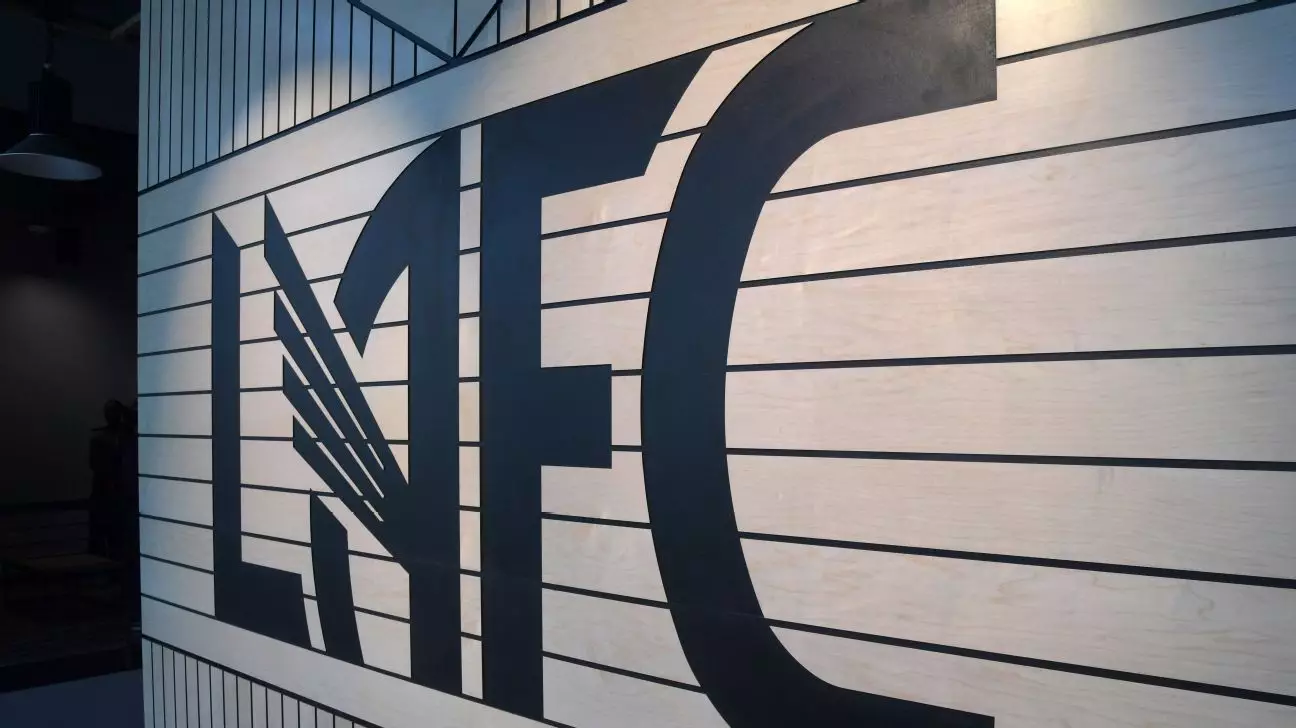In an era where social media serves as a primary platform for both personal and professional expression, the line between individual viewpoints and societal sensitivities can often blur. The recent controversy surrounding Ruben Gnanalingam, a part-owner of Los Angeles FC, highlights this emerging dilemma. His posts, which were deemed anti-Israel by critics, sparked backlash not only from the community but also from Major League Soccer (MLS) and the club itself. Such incidents remind us of the repercussions that can arise when public figures fail to think critically about the content they share and the diverse perspectives held by their audiences.
Analyzing the Impact of Public Statements
Gnanalingam’s decision to share incendiary content on LinkedIn, a platform generally associated with professional networking, raises questions about the appropriateness of such platforms for sharing personal opinions, especially on polarizing issues like international conflict and human rights. The comments in question included calls for military action against Israel and exaggerated comparisons between the Gaza conflict and the Holocaust. These statements not only reflect a severe lack of sensitivity to the historical context and ongoing debates surrounding these issues but also demonstrate a negligent disregard for the potential fallout from such divisive rhetoric.
Upon realizing the gravity of his posts, Gnanalingam issued a public apology, acknowledging the distress caused by his actions. He emphasized that it was never his intention to offend and took responsibility for not exercising the necessary caution when disseminating content online. This apology, albeit a crucial step, raises further discussions about accountability. Apologies should ideally come after careful consideration, not as a reactive measure in the wake of public outcry.
Moving Towards Responsible Engagement
Following the incident, Gnanalingam has committed to taking a hiatus from social media to reassess how his communication aligns with his professional responsibilities and values. This decision highlights a growing awareness among public figures of the need to carefully curate their online presence, especially in a digital landscape where potential misinterpretations can lead to immediate backlash. Moreover, it underscores the necessity for influential individuals in sports and business to be conscious of the power their words carry and the collective impact they can have.
The joint statement from MLS and LAFC, denouncing hate in all forms, reflects a broader movement within sports organizations to foster inclusive environments. These organizations must actively engage in dialogues about social responsibility and implement measures promoting respectful discourse among their stakeholders.
The incident involving Gnanalingam serves as a cautionary tale for anyone in the public eye. It starkly illustrates the need for mindfulness in communication, particularly on social media. As society continues to grapple with complex global issues, it is imperative that public figures utilize their platforms thoughtfully. By fostering open-mindedness, empathy, and respectful dialogue, they can contribute meaningfully to the discourse rather than exacerbate tensions. Ultimately, reflection, learning, and a commitment to respectful engagement can lead to a more harmonious and inclusive public sphere.

